Useing round up for veggie gardens
mitch59
14 years ago
Featured Answer
Sort by:Oldest
Comments (19)
gardener_sandy
14 years agoRelated Professionals
Norfolk Landscape Architects & Landscape Designers · West Milford Landscape Architects & Landscape Designers · Piqua Landscape Architects & Landscape Designers · Richmond Heights Landscape Architects & Landscape Designers · Southfield Landscape Architects & Landscape Designers · Taylorsville Landscape Architects & Landscape Designers · Mount Wilson Landscape Architects & Landscape Designers · Frisco Landscape Contractors · Americus Landscape Contractors · Gresham Landscape Contractors · New Braunfels Landscape Contractors · Pacifica Landscape Contractors · South Farmingdale Landscape Contractors · Park Ridge Driveway Installation & Maintenance · Riverside Driveway Installation & Maintenancedigdirt2
14 years agothree6nine
14 years agojean001
14 years agoriley17
14 years agogardenlen
14 years agogardener_sandy
14 years agonc_crn
14 years agoyardenman
14 years agomomkr1
8 years agodigdirt2
8 years agomacky77
8 years agodigdirt2
8 years agoPeter (6b SE NY)
8 years agomacky77
8 years ago
Related Stories

Warm Up a Sunroom Year-Round
Turn your sunroom into a space you can enjoy through all four seasons
Full Story
10 Ways to Round Up Some Texas Style
Get a Lone Star State feel minus the clichés with cool art, hipster vinyl and pieces with history to balance the look
Full Story
PRODUCT PICKSGuest Picks: Everything's Coming Up Vegetables
Get psyched for those healthy 5 servings a day with veggie-inspired kitchenware, art and accessories
Full Story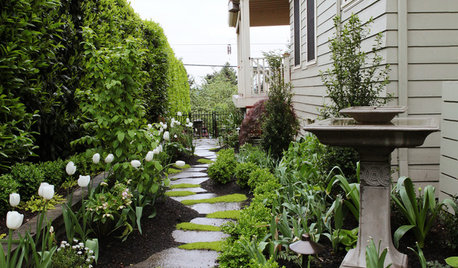
MOST POPULAR25 Ideas to Perk Up Your Side Yard
Turn this often overlooked area into an enticing and useful outdoor space
Full Story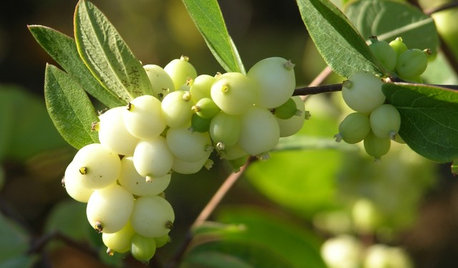
GARDENING GUIDESGreat Design Plant: Snowberry Pleases Year-Round
Bright spring foliage, pretty summer flowers, white berries in winter ... Symphoricarpos albus is a sight to behold in every season
Full Story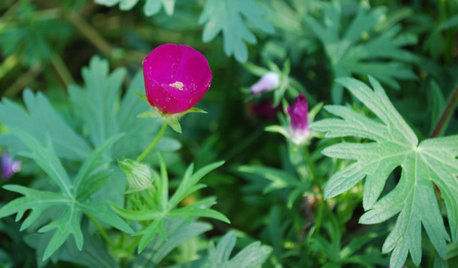
GARDENING GUIDESGreat Design Plant: Callirhoe Involucrata Wakes Up Hot Garden Spots
Give a dry and sunny garden a jolt of violet-pink color summer to fall — and watch bees and butterflies flock to the nectar
Full Story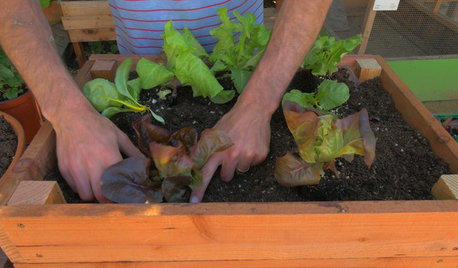
HOUZZ TVHouzz TV: How to Make and Plant a Veggie Box
See how to start edibles from seed, then transfer the seedlings to a box on stilts to make harvesting more fun
Full Story
GARDENING AND LANDSCAPINGSpring Patio Fix-Ups: 12 Wonderful Ways With Planters
Change the look of your whole patio with just a few thoughtfully placed containers or a trellis brimming with greenery
Full Story
FALL GARDENING7 Reasons Not to Clean Up Your Fall Garden
Before you pluck and rake, consider wildlife, the health of your plants and your own right to relax
Full Story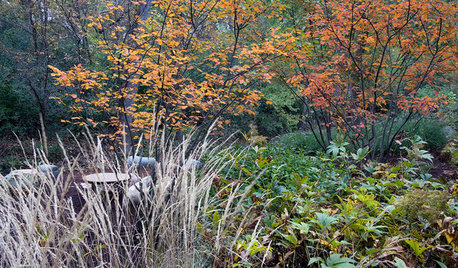
GARDENING GUIDES8 Native Shrubs for Year-Round Bird Feeding
It’s not just about berries. These plants provide insects for birds and seasonal interest for gardeners
Full Story





nc_crn